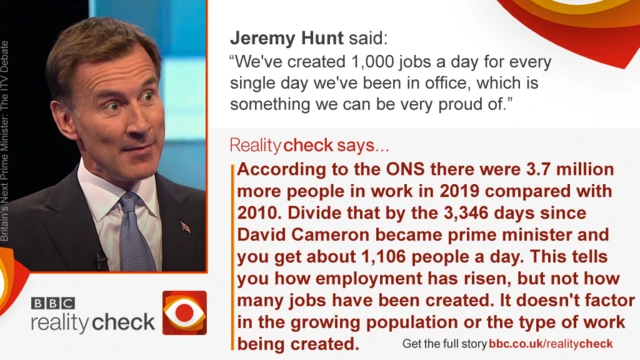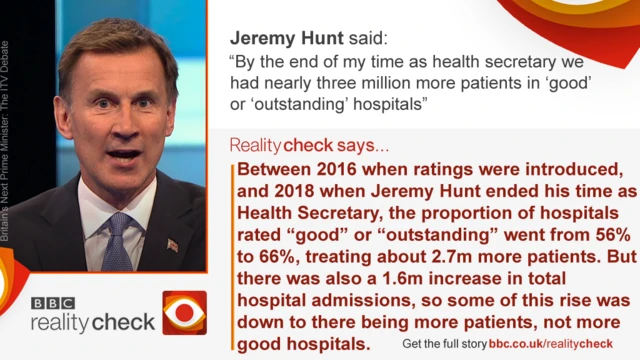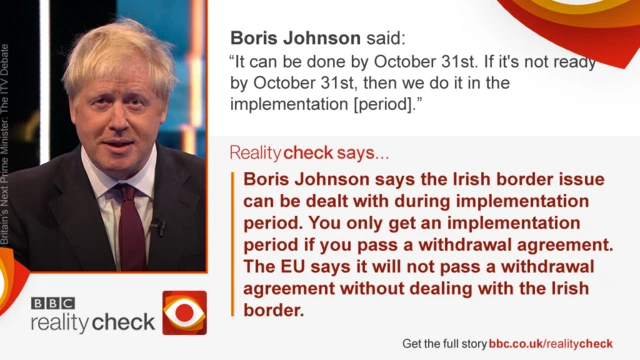Why does NI still ban gay marriage and abortion?published at 07:41 BST 23 July 2019
Why do different rules apply in Northern Ireland when it comes to abortion and same-sex marriage?
Read MoreWhy do different rules apply in Northern Ireland when it comes to abortion and same-sex marriage?
Read MoreWhy is India in space and what is it doing there? BBC Reality Check takes a look.
Read MorePresident Donald Trump has pledged to take radical steps to reduce prescription drug prices in the US.
Read MoreTory leadership candidate Boris Johnson says EU regulations put burdens on kipper smokers. Is he right?
Read MoreLabour is promising to end in-work poverty in its first term if it wins the next election.
Read MoreCould a year's global plastic waste circle the Earth four times over?
Read MoreExposure from mobile networks including 5G fall well below limits set by international regulators.
Read MoreThe leadership hopefuls were interviewed by the BBC. Reality Check examines their claims.
Read MoreWith Mumbai seeing its heaviest rain in a decade, Reality Check looks at India's extreme weather patterns.
Read MoreThe Russian president has warned against too much reliance on wind power.
Read MoreSudan's opposition has accused its military leaders of allowing foreign powers to exploit the country.
Read MoreReality Check investigates some of the claims made in the ITV debate.
Read More Reality Check
Reality Check

 Reality Check
Reality Check

 Reality Check
Reality Check
Mr Johnson tells the TV audience that if the UK leaves with no deal, it will have £39bn to spend, "which would be very helpful in lubricating the consequences of a no-deal Brexit".
The UK has agreed to pay the EU a settlement - widely estimated as £39bn - as it leaves. The so-called "divorce bill".
Not paying the bill would not necessarily be illegal - although it would be open to legal challenge. But it would risk souring relations when it comes to future trade.
The EU has said it will not open talks on the future relationship until the agreement over the money has been settled.
 Reality Check
Reality Check
Boris Johnson has said a number of times that a previously obscure piece of trade law could allow the UK to continue to trade with the EU without tariffs in the event of a no-deal Brexit.
Article 24 of the General Agreement on Tariffs and Trade (GATT) can be used to keep things the same for up to 10 years, while two sides negotiate a permanent future trade agreement.
But a trade agreement has to be agreed in principle before it can be used - that means both sides need to agree. In effect, for it to work, there would have to be some kind of deal.
 Reality Check
Reality Check

 Reality Check
Reality Check
Boris Johnson says he will "solve the problems of the Irish border where they properly belong, in the context of the free trade agreement, that we will do after we come out on 31 October".
The EU has so far insisted it won't agree a withdrawal deal without an arrangement for the Irish border.
And it's said in the context of a no-deal Brexit, it will not begin discussing a future trade deal until the issue of the Irish border is settled.
There have been renewed calls for another referendum as one option to break the deadlock
Read MoreFifa has faced criticism over the Women's World Cup prize money
Read More